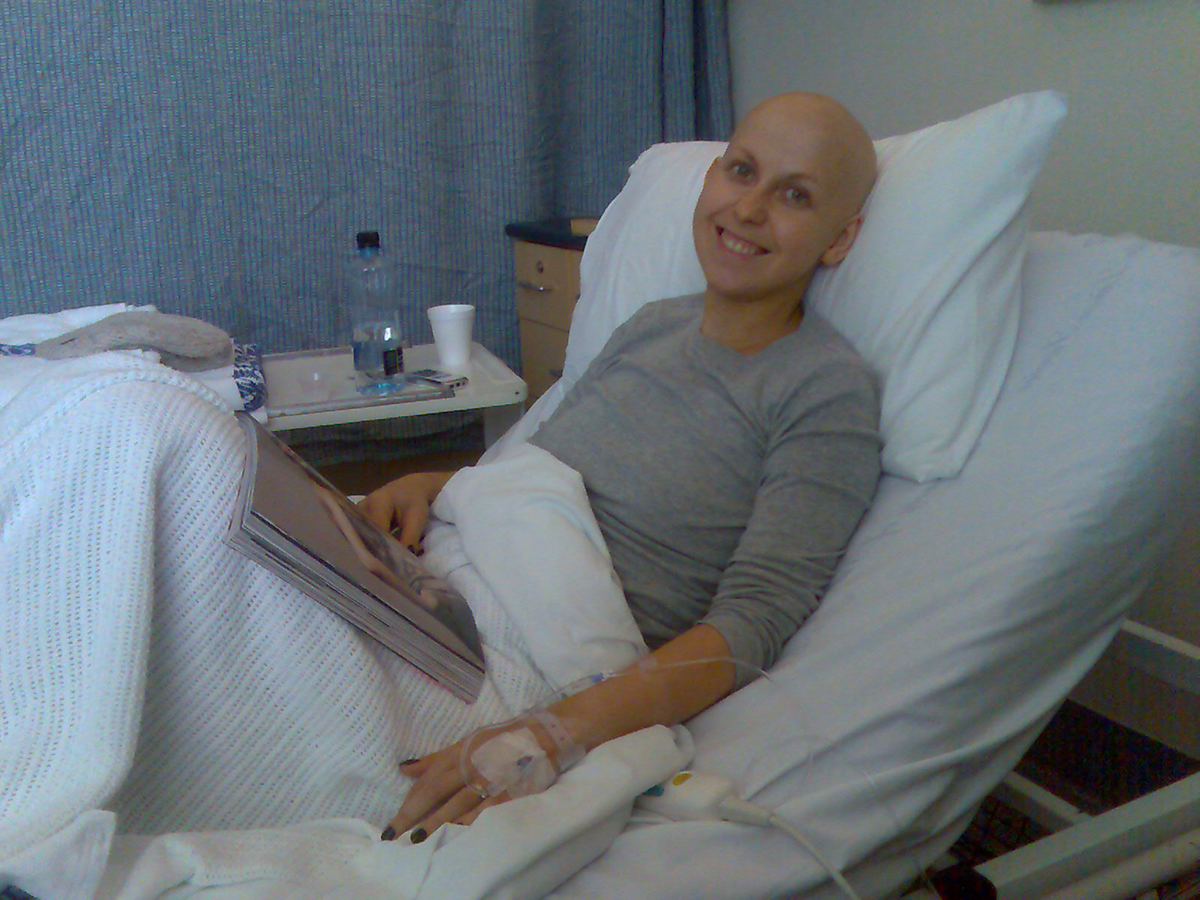
Esophageal cancer after surgery
After the surgery, which is one of the best treatment options for cancer of the esophagus, the patient does not stay for longer than seven days in the hospital. Almost every patient who underwent the surgical procedure of removing a part or the entire esophagus experiences extreme fatigue and tiredness. The patient will also seriously lack the energy. All of these symptoms are considered to be normal after the surgery. However, after a while the patient needs to start being active again. Certain activities are a vital part of the recovery process. Those close to the person who had surgery should advise him or her to start taking short walks, which should be increased over time. Apart from the walks, other forms of physical activity are considered to be beneficial for the patient. As the time passes, the patient will not feel so down any more.A person who is taking care of the patient who underwent a surgical procedure or removing the esophagus needs to make sure that the patient is taking the needed amounts of food. A lot of patients refuse to eat after they had the surgery but it is of great significance that the caregiver remains persistent and makes the patient eat. At the beginning, small meal and regular snacks are advised. Getting all the needed nutrients will speed the process of recovery.
A lot of doctors recommend breathing exercises to these patients. These exercises need to be performed a few times per day and the caregiver needs to make sure that the patient does not skip any of them. Deep breaths are essential for the health of the lungs, especially after going through this surgical procedure.Looking out for certain symptoms of potential complications after the surgery is vital as well. If the patient experiences a fever or a chill, pain that is not eased even when medications are used, it is vital that he or she is taken to the hospital as medical attention is needed in these situations. The doctor needs to be informed if any drainage is seen at the places where the incision was made. Shortness of breath is another sign that requires immediate medical attention.
Managing the pain is one of the most significant roles that the caregiver can have after the patient has had the surgical procedure. Making the patient feel comfortable is essential.Esophageal cancer nutrition therapy
Nutrition plays a significant part of the cancer care. Proper nutrition can prevent the disease but it can be a part of the treatment, cure or supportive palliation. However, it is vital that the patients make sure that the alternative and unproven nutritional therapies will not cause any side effects or cause harm. In situations where the goal of cancer treatment is either cure or palliation, an early detection of any nutritional problems can make a difference.The goals of nutritional therapy are plenty but the main goal is probably to either prevent or reverse any nutrient deficiencies. Other goals include the preservation of lean body mass, aiding the patients in going through the treatments more easily, getting the side effects and complications that are connected with the nutrition to the minimum, holding on to strength and energy and lessening the risk of infection by making the immune system stronger.
Patients whose cancer is in the later stages will also benefit from nutritional therapy. Even though the therapy will not be able to do a lot for the weight gain it will reduce side effects and the chances of suffering from an infection or asthenia and better well-being. In these patients nutrition therapy has the goal of making the patient more comfortable and providing as much relief as it is possible.Even though sticking to a healthy nutrition program will decrease the chances of development of some other types of cancer, there are other benefits from this therapy. Heart disease, diabetes and hypertension can all be prevented and managed better if the person is already having problems with them.










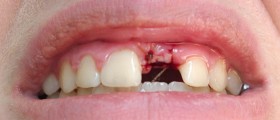

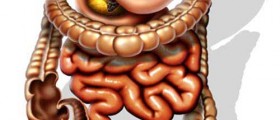
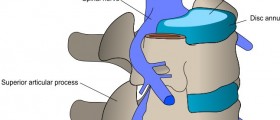


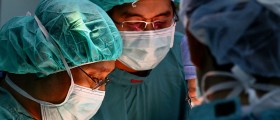
Your thoughts on this
Loading...